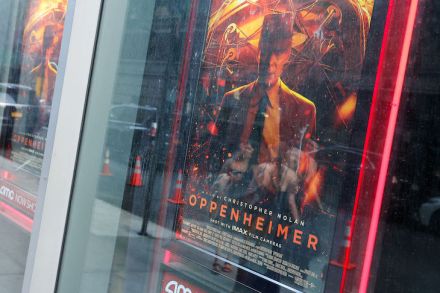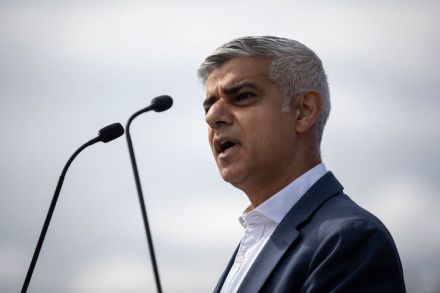What does Japan make of Oppenheimer?
Christopher Nolan’s blockbuster epic Oppenheimer is wowing critics and selling out cinemas across the world. It’s already threatening to eclipse the disappointing Indiana Jones remake and even Tom Cruise’s raved about latest instalment of the Mission Impossible series. But it’s a worldwide hit with one notable exception: the film hasn’t been released in Japan yet, and no word has been given of when it will be. Some are speculating that there may be no Japanese release at all. That would be highly unusual. Japan, unlike some of its neighbours, very rarely bans films and has accepted WW2 offerings, such as Clint Eastwood’s Flags of our Fathers and Michael Bay’s Pearl





















